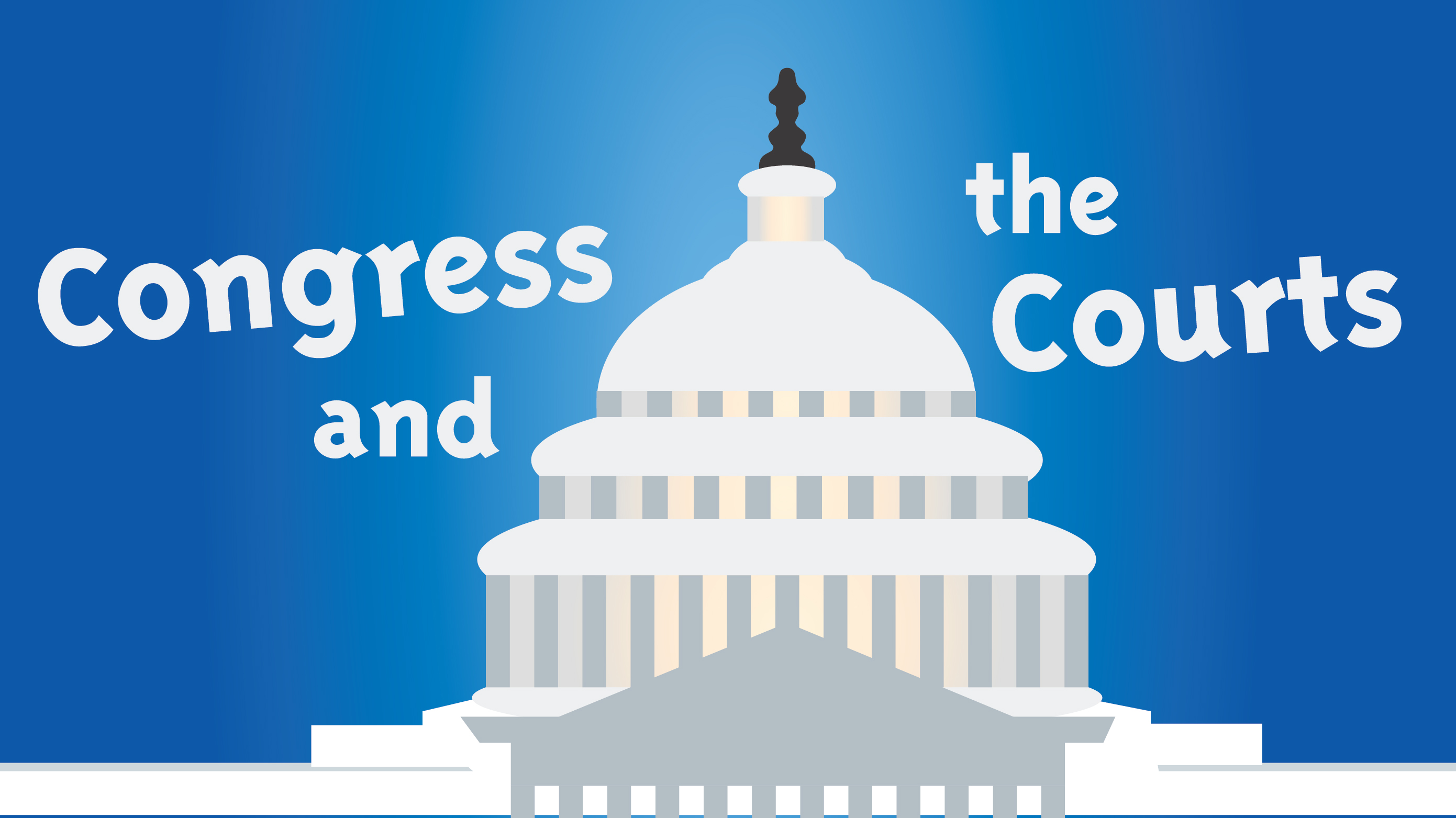
The importance of balance
By: Connor McNairn, Columnist
Hello, all. My name is Connor McNairn and I’m excited to announce my new column in The Towerlight, “Congress and the Court.” I would like to first recognize the incredibly talented writers that frequently contribute to The Towerlight, and extend my most sincere gratitude for the opportunity to contribute my own work. It is through an open dialogue and the exchange of ideas that campuses achieve progress on sociopolitical fronts. I hope that my contributions, in conjunction with those of my colleagues, will motivate other students to become more engaged with political developments.
As Americans, we tend to view the presidency as the ultimate seat of power in government. After all, he is the “leader of the free world.” It is also true that the president, compared to individual legislators and justices, does have a greater capacity to influence public policy. In fact, some of the most controversial policies in American politics were initiated by the stroke of a presidential pen.
While I find the executive and its expansive powers fascinating and important, I will use this column to explore the other two branches of government – the legislature and judiciary – and explain why developments within Congress and the Court so greatly impact the course of American politics.
Much of my motivation to write on the legislature and the judiciary stems from my love of history. Throughout my work, I will often allude to passages from the Constitution, Federalist Papers, political speeches, Supreme Court opinions and the other works of notable scholars to better illustrate my arguments. It is my conviction that American citizens often overlook the importance of the legislature and the judiciary, while vehemently obsessing over the actions of the president.
I suspect that almost every citizen interested in American politics has an opinion about Donald Trump and his agendas. I also surmise that most citizens have opinions about the successes and failures of past presidents. I do wonder, however, how many of these citizens are equally as motivated to scrutinize major legislation promoted by Lindsey Graham, and judicial decisions made by Neil Gorsuch? How many Americans commemorate the gritty senators and representatives who arduously fought for the passage of the Civil Rights Act of 1964 – a bill that nearly died on several occasions? How many Americans recognize that without the surprising support of Justice Anthony Kennedy – the judge who broke the 4-4 tie – marriage would not be a reality for same sex couples?
The point is this: American politics is far greater than Donald Trump. It is absolutely essential that Americans are educated on the values and agendas of presidents. It is also vital that Americans hold their president accountable for his/her actions. I do not wish to undersell the importance of the executive. Rather, I hope to show that individual congress members, Supreme Court Justices, bills and judicial decisions hold a tremendous amount of weight in the American political system. As Congress continues to mull over myriad acts and propositions, I will break down the most important features of each, and illustrate their relevance. Further, as the Supreme Court begins hearing cases on Oct. 2, I will provide the facts of each case, brief backgrounds and potential impacts that each decision may have on the United States in aggregate.
Ultimately, I hope to do one thing: get readers thinking about the other two branches. While Trump is fun and easy to talk about, I hope to demonstrate that the decisions made by the legislature and judiciary are equally as – if not more – important than President Trump’s latest tweet. Welcome to “Congress and the Courts!”

